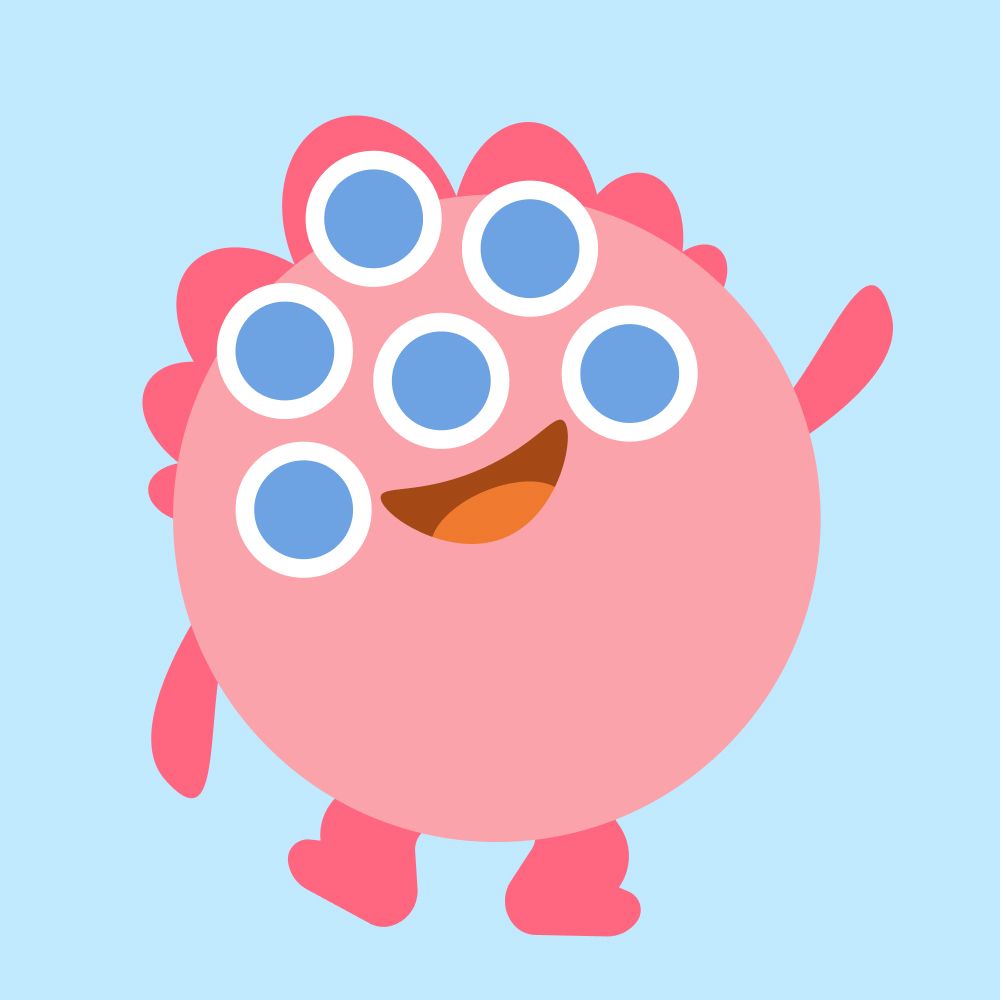697 reads
Softer, Faster, Stronger: EdTech Startup Building Kids’ Soft Skills
by
October 17th, 2022
Audio Presented by

Soft skills-based online classes for kids 3-9 years | We help children build foundational skills and become future-proof
Story's Credibility

About Author
Soft skills-based online classes for kids 3-9 years | We help children build foundational skills and become future-proof
